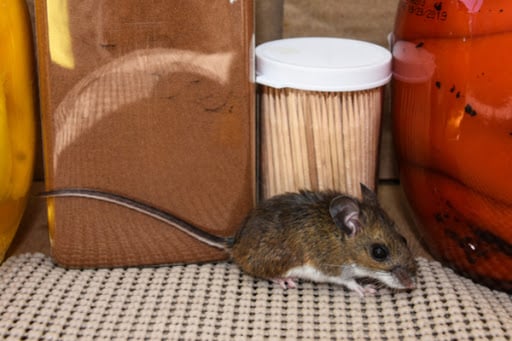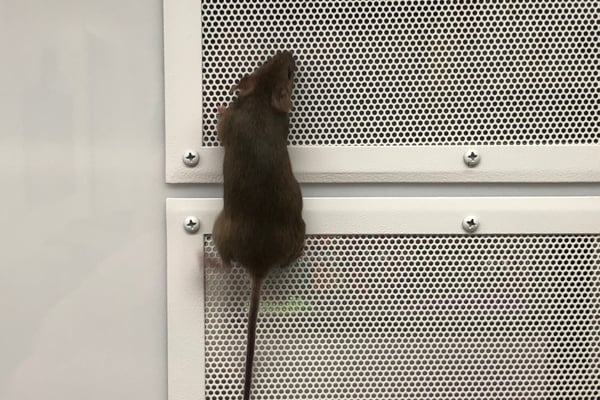Did you know that mice and rats invade over 21 million homes in the US every year? 29% of Americans have had mice in their homes at one point or another. They’re just that prevalent, and that good at sneaking inside homes. Mice are probably the most common pest we deal with all year, every year. With how common mouse infestations are, you might start to think there’s nothing you can do about them. That’s not true! With a little know-how, you can keep even the most tenacious of rodents out of your home. We want to help supply that know-how. Here are Plunkett’s top 10 tips for keeping mice out of your home yourself. To keep mice out of your home for good, you should…
10. Clean and organize your basement
Mice love basements. They provide all the warmth, moisture, food, and shelter they could ever need. Make your basement less hospitable by cleaning and organizing it regularly. Make sure mice don’t have anywhere to hide or nest, and they’ll feel less comfortable sticking around.9. Secure the perimeter!
Mice use outdoor hiding places to approach structures. Take these hiding places away from them. Clear a perimeter around the outside of your home. Trim down bushes, stack firewood somewhere else, and don’t lean tools up against the sides of your home. Make sure mice won’t follow food from the outside in, either. Clean up any outdoor food sources like bird seed and trash before they attract mice and other pests.
8. Elevate and seal your food
Mice can always smell your food, but you can still make sure they can’t get to it. Store pantry food in airtight, hard plastic containers and keep it elevated on shelves. Clean out your pantry frequently to prevent crumbs from building up. Take your garbage out to your (sealed) dumpster frequently, and line your cans with resilient bags.7. Take away their nesting material
Mice make nests out of soft, chewed-up material like paper, linens, and cardboard. If a mouse could chew through it, you should keep it off the ground. Elevate and protect cardboard boxes and paper bags, and keep your floor clear. Look for damaged insulation or drywall to patch up, too.6. Install door sweeps
Door sweeps fit onto the bottom of doors to block off the gap between doors and door frames. Installing sweeps on all your exterior doors will immediately cut off one mouse access point. Make sure you use the right kind of door sweep for maximum effectiveness.
5. Cover vents
Mice may climb up downspouts to get onto your roof. From there, they can slip into your vents to get into your home. Cover all exterior vents with mesh screens. Check the screens for signs of damage regularly--mice may attempt to chew through them over time!4. Replace weatherproofing
Weatherproofing is the rubber sealant strips that goes between your windows and doors and their frames. Mice may chew through or pass under damaged weatherproofing to get inside. Replace weatherproofing around once a year to prevent this. If your weatherproofing looks worn or damaged, it’s probably time to replace it.3. Repair window and door frames
Even if mice can’t squeeze under weatherproofing, they often find gaps in door and window frames themselves. Look for and fix any cracks or gaps in your frames with caulk or another sealant. If it’s small enough to see, it’s small enough for mice to use.






